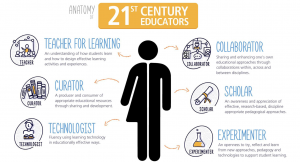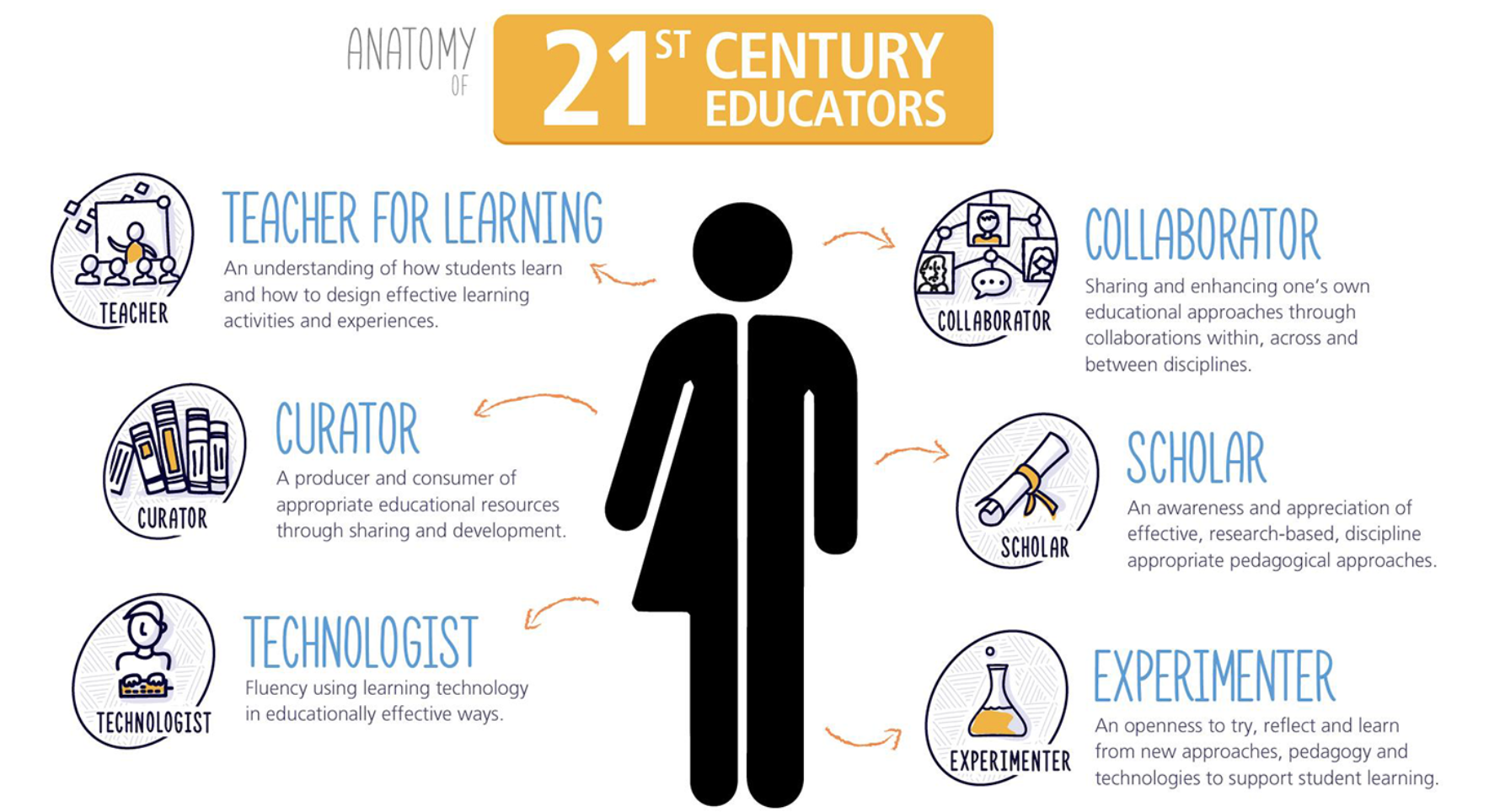Foundations of Research
I’ve been reading the book Foundations of Research by Jonathan Grix. This was recommended by Jessica O’Reilly, a fellow eCampus Ontario OEFellows who is working on an EdD through Athabasca University. It’s building on my understanding of key terms, reading through Appendix 2: Glossary of Research Terms. Interesting place to start reading a book, but I need to come to grips with terms like ontology, epistemology, hermeneutics and typology. Really getting them straight, making these terms make sense and having a way to frame these words is a foundational piece of work. Maybe a metaphor or image will help?
After reading the first two chapters, I’m already making connections to course readings. For example, Grix (2010) describes the notion of ideal types as a conceptualization, a “construct that represents an intellectual description of a phenomenon in its abstract form” (p. 23) that may never exist in the real world. Ideal types are hypothetical, coming from imaginings that are “formed by emphasizing aspects of behaviour and institutions which are (generally) empirically observable” (p. 23).
This leads me to wonder if there is an ideal type for an educational researcher? After reading Lagemann (1997) where the contested terrain and oppositional views of educational research are historically explored, I’m wondering where the educational researcher currently stands? Is there a shifting view of the ‘ideal’ educational researcher in highly connected, global, and social media infused educational research policies, practices and beliefs?
 This also leads me to wonder if there is an ideal type for an open educator? In terms of my research focus, can I describe this ideal type in actions, images, and hypotheticals? Can I construct, intellectually and categorically, what an open educator looks like, acts like, feels like, IS like – or has this been done by someone else? How can Simon Bates’ image of a 21st century educator compare to an ideal type, and how important is it for me to build an ideal type? I’m thinking it is critically important if I’m to research open educational practices in reality, that I’m able to construct the hypothetical open educator and open education practices. It’s also important for me, as I’m reading about open education (OE), the use of open education resource (OER) and the application to open educational practices (OEP), to consider the ideal types that are being proposed, described and constructed by those doing this research. As I read, it’ll be important to ask
This also leads me to wonder if there is an ideal type for an open educator? In terms of my research focus, can I describe this ideal type in actions, images, and hypotheticals? Can I construct, intellectually and categorically, what an open educator looks like, acts like, feels like, IS like – or has this been done by someone else? How can Simon Bates’ image of a 21st century educator compare to an ideal type, and how important is it for me to build an ideal type? I’m thinking it is critically important if I’m to research open educational practices in reality, that I’m able to construct the hypothetical open educator and open education practices. It’s also important for me, as I’m reading about open education (OE), the use of open education resource (OER) and the application to open educational practices (OEP), to consider the ideal types that are being proposed, described and constructed by those doing this research. As I read, it’ll be important to ask
- what vision for OE, OER, and OEP are being described here?
- how does this construct compare to what is being researched or written about?
- how will this hypothetical representation impact or alter the research I’m undertaking?
Building an ideal type may be a challenge since there are no set guidelines or parameters for the ideal in open education. I hesitate to say, but it’s connecting to the course I’m designing where one activity is for students to compare frameworks for today’s global, digital, connected teacher, drawing on elements from the ISTE standards for educators, the global competencies framework, the anatomy of the 21st century educator, and digital literacy frameworks such as Mozilla’s web literacy map and Media Smarts Canada’s media and digital literacy competencies.
References
Bates, S. (n.d.). Anatomy of 21st century educators. [image] Retrieved from https://extend.ecampusontario.ca/
Grix, J. (2010). The foundations of research. England: Palgrave Macmillan.
Lagemann, E. C. (1997). Contested terrain: A history of education research in the United States, 1890-1990. Educational Researcher, 26(9), 5-17.
